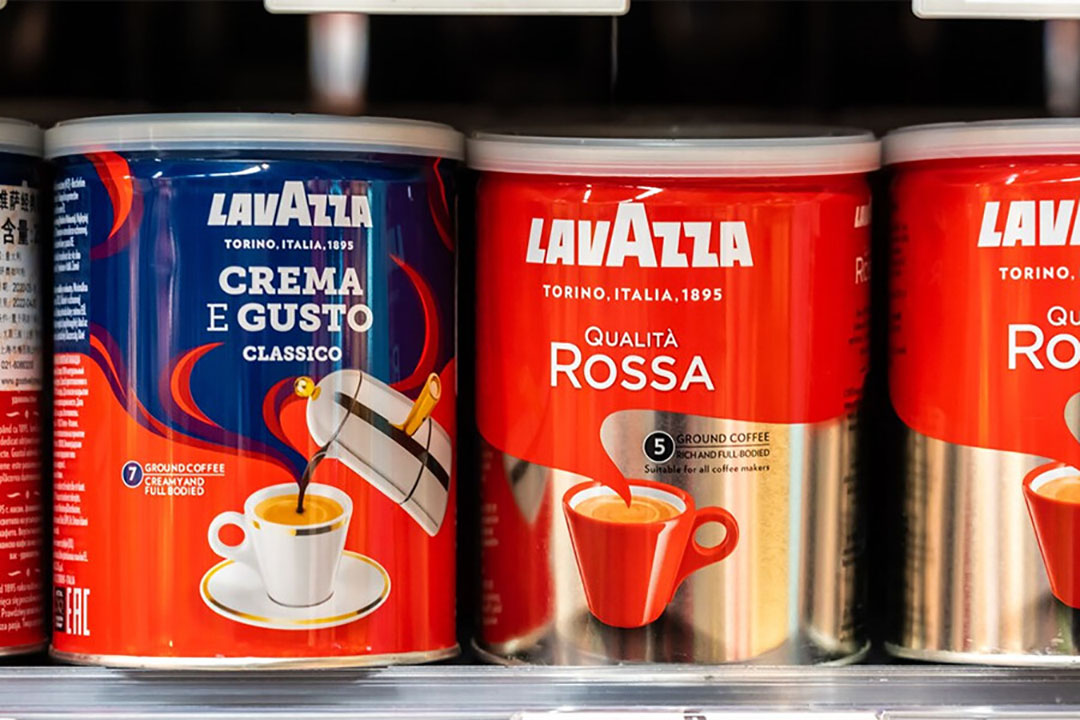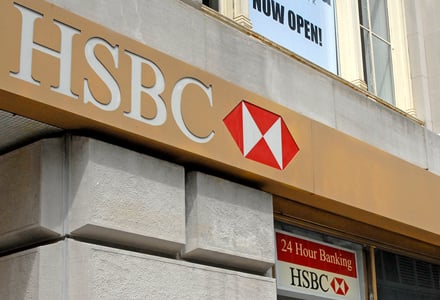This amount is 0.9 percent of all the money banks lend to companies, governments and consumers. The bank reported this an explanation about his exposure to an increasingly internationally isolated country. Of the major Dutch banks, ING has the most business in Russia.
Get cash back
A team of specialists is investigating the true consequences for the bank, spokesman Daan Wentholt said. “A tiring job.” This depends, among other things, on which sanctions and on whom they depend, he explained. “We assess it on a case-by-case basis.”
In this way, banks try to get back the money lent before sanctions take effect. If this happens, the money will be frozen. “Then that interaction with customers is no longer possible.”
The European Union, United States, United Kingdom and other countries imposed sanctions on individuals or entities involved in Russia’s invasion of Ukraine. These punitive measures particularly impacted ING’s activities in Russia.
There haven’t been any problems due to SWIFT blocking
Additionally, Russian customers may experience problems because the country’s central bank limits transfers in foreign currency. The exclusion of seven Russian banks from the SWIFT international messaging system, which allows fast payment transactions, does not currently pose any significant problems, ING reported.
At least 2.5 billion euros in guarantees have been provided for all loans in Russia. This, for example, concerns guarantees from parent companies in Europe, credit insurance, and assets transferred to ING as collateral in the event of customer default.
How much of the 2.5 billion euro guarantee goes to sanctioned customers – and what that reduces the risk to ING – remains unclear. The bank did not provide clarity regarding this matter.
There are no new customers from Russia
ING has a loan of 500 million euros in Ukraine. The parent company guarantees this 200 million.

“Incurable alcohol fan. Proud web practitioner. Wannabe gamer. Music buff. Explorer.”







